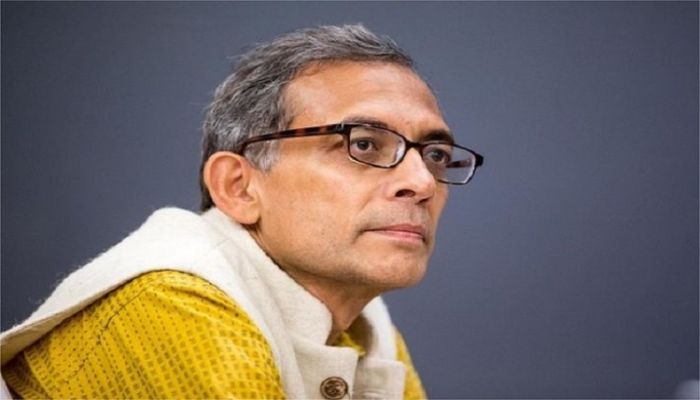
Desk Report
Publish: 24 Apr 2020, 02:26 pm

The Nobel prize winner economist said that India needs to be "much more generous" in providing relief to millions of people who have been seriously impacted by the current lockdown.
"We haven't done anything close to enough," Indian-American academic Abhijit Vinayak Banerjee, told the BBC.
After imposing the lockdown on 24 March, India announced a $23bn (£18bn) relief package.
Much of it involves cash transfers and food security for the poor.
"We don't want anyone to remain hungry, and we don't want anyone to remain without money in their hands," Finance Minister Nirmala Sitharaman said at the time.
Professor Banerjee, who won the Nobel Prize in economics in 2019 with co-researchers Esther Dufflo and Michael Kremer, said the "government was right in its thinking to throw a shock in the system" to contain the spread of the COVID-19 infection.
"But the lockdown is not the end of the story. This disease is going to be with us for a long time until a vaccine arrives, which is not anytime soon," the economist who teaches at Massachusetts Institute of Technology (MIT) said.
"India needs to think of a clear, well-articulated plan on what should be done next. The economy was already facing a demand slump. The [coronavirus] outbreak is a double whammy and many people have lost their earning capacity. There's an additional demand slump now."
Prof Banerjee added that India's government should be more liberal about spending money to bail out people who could be facing poverty because of loss of earnings.
"I know there's a concern that what is the use of giving money to people when the markets are closed. But, to begin with, you can tell people that money is coming and create a mood for demand," he said.
"People need reassurance. And the government has to be proactive in reassuring people."
People should be having the money in their hands when the availability of products and services eases and resumes so that they can go out and continue investing, said Prof Banerjee.
Hundreds of millions of households already identified as beneficiaries of India's multiple federal healthcare programs will be eligible for these direct cash benefits, he said.
For the large number of people who are not beneficiaries of such schemes, there could be "local community reporting mechanisms" to identify them and make sure the money reaches their pockets.
"There are ways. It won't be always accurate in identifying who's deserving of the benefit and who's not. But we are not trying to be perfect at this point in time. This is an emergency."
Prof Banerjee also feels India should not be afraid to print money to fund the expansion of welfare benefits.
"The US has taken the view that it can print money and spend it. I don't know why India shouldn't."
"Possibly there is the fear of inflation, when there is not much supply of goods and services. But India has to do something about [bridging] the income gap that has been created. The government has to be more aggressive about spending money."
"How the supply chain [of goods and services] can be opened up so that it doesn't create fresh infections and deaths and trigger another lockdown will be the main challenge," Prof Banerjee said.
India's economy is now forecast to expand just about 1.5-2.8 percent in 2020-21, according to the World Bank. Joblessness has risen significantly, according to an independent assessment.
Migrants, the cornerstone of vital service sectors, have either left their shuttered jobs or become trapped in urban homeless centers.
Source: BBC
Subscribe Shampratik Deshkal Youtube Channel
© 2024 Shampratik Deshkal All Rights Reserved. Design & Developed By Root Soft Bangladesh